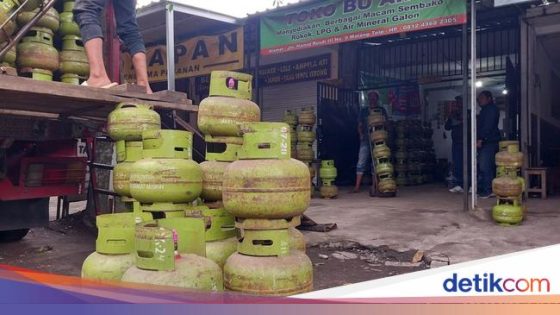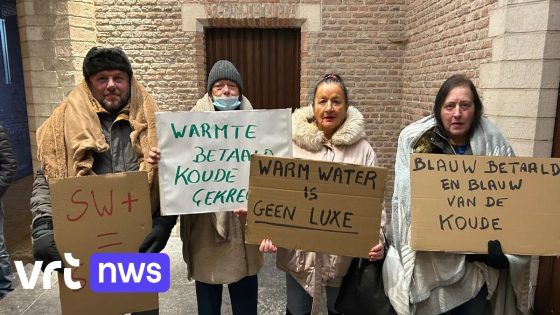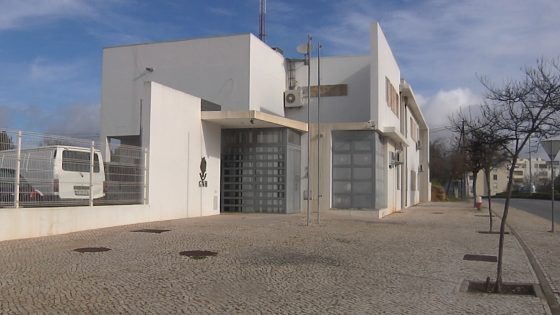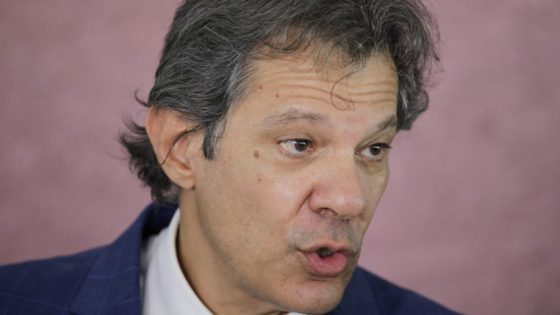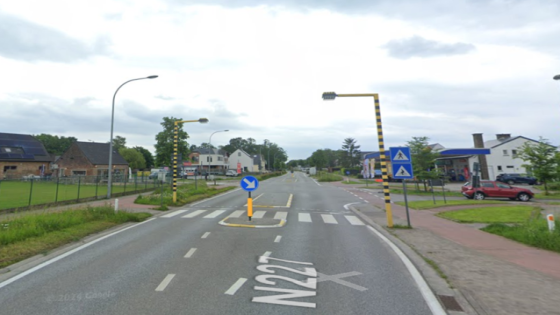On February 1, 2025, a significant change in Indonesia‘s LPG distribution system begins. Retailers of 3 kg LPG will transition to LPG bases, aiming to streamline sales and ensure fair pricing for consumers. How will this shift impact the market and consumers?
- LPG retailers to switch to bases by February 2025.
- New system aims to stabilize LPG pricing.
- Retailers will receive business identification numbers.
- Transition will reduce LPG distribution issues.
- Registration available online for all retailers.
- Integration with population data for registration.
Indonesia’s LPG Retailers Transitioning to Bases: What You Need to Know
Have you wondered how this change will affect LPG availability? The transition from retailers to LPG bases is designed to enhance the distribution process. By doing so, the government aims to eliminate oversupply and misuse of the 3 kg LPG. This initiative will help ensure that consumers receive the right amount of gas at the correct price.
Key Benefits of Transitioning LPG Retailers to Bases in Indonesia
This shift brings several advantages for consumers and the LPG market:
- Improved pricing structure for LPG.
- Reduction in oversupply and misuse of 3 kg LPG.
- Streamlined registration process for retailers transitioning to bases.
- Enhanced government oversight on LPG distribution.
Understanding the LPG Base System in Indonesia
The new LPG base system will allow former retailers to register online and obtain a business identification number. This process ensures that all participants in the LPG market are regulated and accountable. The government aims to integrate this system with existing databases to facilitate smoother operations.
How Will This Change Affect Consumers?
Consumers can expect more reliable access to LPG and fairer pricing. With better regulation, the risk of supply issues will diminish. This means that households will have a consistent supply of LPG, making cooking and heating more convenient.
Future Implications for Indonesia’s Energy Sector
This significant reform in LPG distribution could pave the way for future enhancements in Indonesia’s energy sector. By focusing on efficiency and regulation, the government aims to create a more sustainable energy landscape, benefiting both consumers and the economy.
In conclusion, the transition of LPG retailers to bases is a pivotal step towards improving Indonesia’s energy distribution system. As this change unfolds, it will be interesting to see its impact on consumers and the overall market.



